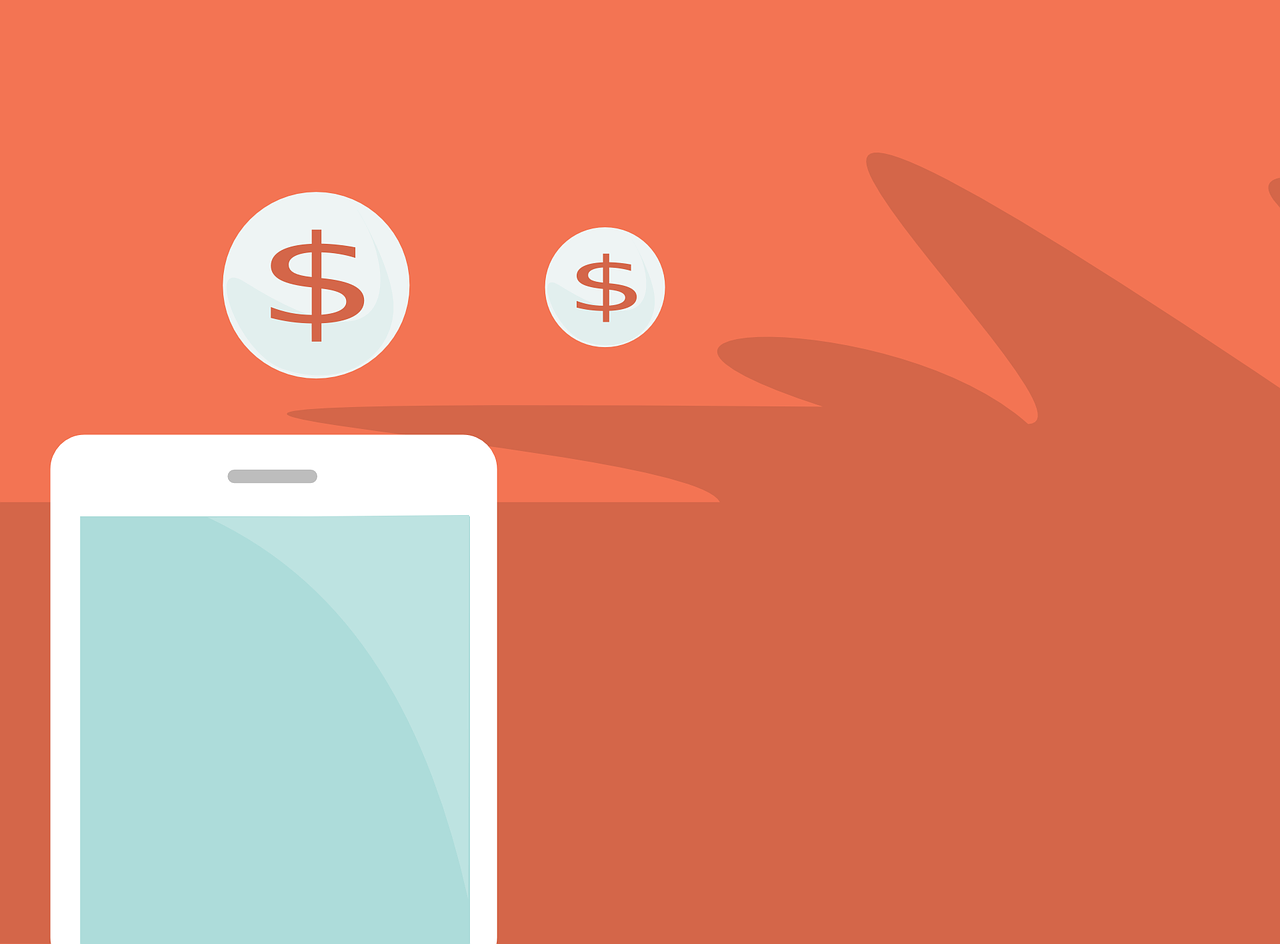Unlocking Financial Freedom: A Guide to the Top 5 Budgeting Apps for Mastering Your Money
2024-01-08

In the digital age, managing your finances effectively has never been more manageable or overwhelming. With many financial tools at our fingertips, it's crucial to find a budgeting app that suits your needs and simplifies your financial life.
Effective money management is critical to achieving your financial goals, whether saving for a vacation, preparing for retirement, or simply gaining peace of mind. The right app can help you track your spending, save money, and stay on top of your bills. To assist you on your journey to financial fluency, we've compiled a detailed guide to the top 5 budgeting apps designed to streamline your finances and transform how you manage your money.
1. Mint: Your All-In-One Financial Hub
Mint has long been a favorite among budgeting enthusiasts. As a pioneer in the field, it offers a comprehensive overview of your financial picture.
Features:
- Real-time tracking of bank accounts, credit cards, investments, and loans.
- Customizable budget categories and financial goal setting.
- Credit score monitoring and bill payment reminders.
- Investment tracking and portfolio fees analysis.
Versions:
- Free version available with ads.
- No premium paid version is offered.
Pros:
- User-friendly interface and automatic synchronization with accounts.
- Alerts for unusual charges, tips for reducing fees, and personalized financial insights.
- Strong security measures, including multi-factor authentication.
Cons:
- Ad-supported model can lead to a cluttered user experience.
- Limited investment tracking capabilities compared to specialized apps.
- Some users report issues with account sync and categorization.
2. You Need A Budget (YNAB): The Proactive Budget Planner

YNAB takes a unique approach to budgeting, emphasizing the importance of giving every dollar a job.
Features:
- Zero-based budgeting system that encourages proactive spending plans.
- Bank syncing with real-time access to all your financial data.
- Goal tracking to encourage saving for larger expenses.
- Detailed reporting for a deep dive into your spending habits.
Versions:
- 34-day free trial available.
- The subscription-based model costs $11.99/month or $84/year.
Pros:
- Emphasizes financial education with a wealth of resources and live workshops.
- Strong community support and customer service.
- Regular updates and feature enhancements based on user feedback.
Cons:
- Steeper learning curve compared to other budgeting apps.
- No free version is available after the trial period.
- Some users may find the detailed tracking and manual adjustments time-consuming.
3. PocketGuard: The Simplified Spending Tracker
For those looking for a straightforward, no-frills approach to budgeting, PocketGuard offers a solution.
Features:
- The inMyPocket feature calculates your available money after scheduled bills and savings.
- Automatic categorization of expenses and identification of recurring bills.
- The "Lower your bills" feature suggests ways to save on monthly expenses.
- A pie chart that visually represents your spending.
Versions:
- Basic free version available.
- A PocketGuard Plus subscription costs $7.99/month, $34.99/year, or $79.99 for a lifetime.
Pros:
- Simple and intuitive design focused on the essentials of budgeting.
- Helps avoid overspending by showing available funds after obligations.
- The plus version allows for custom categories and exporting transactions.
Cons:
- The free version is limited in features, pushing users toward the paid version.
- Some users may desire more detailed financial planning tools.
- Certain features, like bill negotiation, can be found in other free apps.
4. Goodbudget: The Modern Envelope System

Goodbudget is based on the tried-and-true envelope budgeting system, modernized for the digital user.
Features:
- Envelope budgeting method to allocate funds for different spending categories.
- Cross-platform syncing for families or partners to manage finances together.
- Reports to analyze spending patterns and historical financial data.
- Debt tracking to plan and visualize your payoff journey.
Versions:
- Basic free version with limited envelopes and accounts.
- Goodbudget Plus subscription for unlimited envelopes and additional features at $7/month or $60/year.
Pros:
- Encourages disciplined spending by dividing money into category envelopes.
- Great for couples or families wanting to manage their budget collectively.
- No ads, even in the free version, for a clean user experience.
Cons:
- The free version's limitations may be too restrictive for some users.
- Manual entry of transactions can be laborious without bank sync.
- Does not offer investment tracking or detailed financial planning tools.
5. Personal Capital: The Wealth Management Specialist
Personal Capital is ideal for individuals who want a comprehensive view of their wealth, including investments.
Features:
- Dashboard that aggregates all your financial accounts in one place.
- Investment checkup to analyze portfolio performance and asset allocation.
- Retirement planner to assess the progress of your retirement goals.
- Fee analyzer to uncover hidden investment fees.
Versions:
- Free tools available for budgeting and investment oversight.
- Wealth management services with financial advisors at varying fee structures based on assets under management.
Pros:
- Excellent investment and retirement planning tools.
- User-friendly interface with detailed financial analytics.
- The free version provides robust tools for self-managed investors.
Cons:
- Budgeting tools are less developed than dedicated budgeting apps.
- Wealth management services can be expensive for those with smaller investment portfolios.
- Some features are tailored more towards high-net-worth individuals.
In conclusion, the best budgeting app for you depends on your financial situation, goals, and personal preferences. Whether you're a frugal spender, an investor, or someone aiming for a debt-free life, there's an app designed to aid you in your financial journey. By leveraging technology, you can make informed decisions, track your progress, and ultimately gain control over your finances. Use this guide as a stepping stone toward financial literacy and independence, and choose the app that will empower you to achieve your financial dreams.






